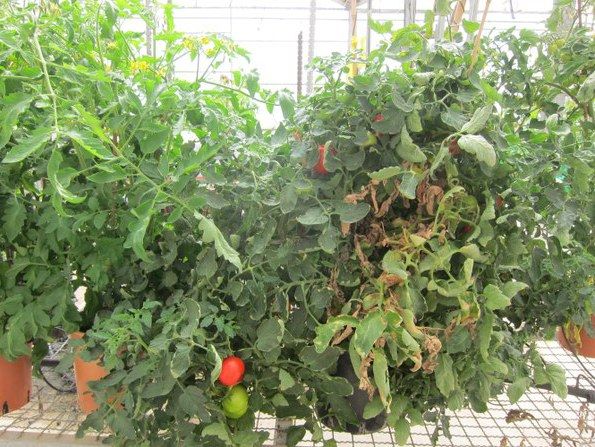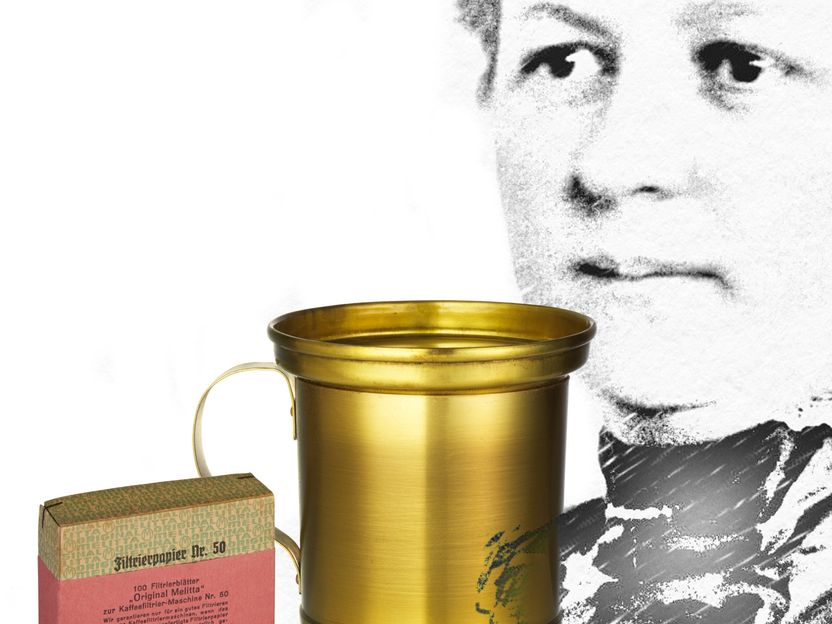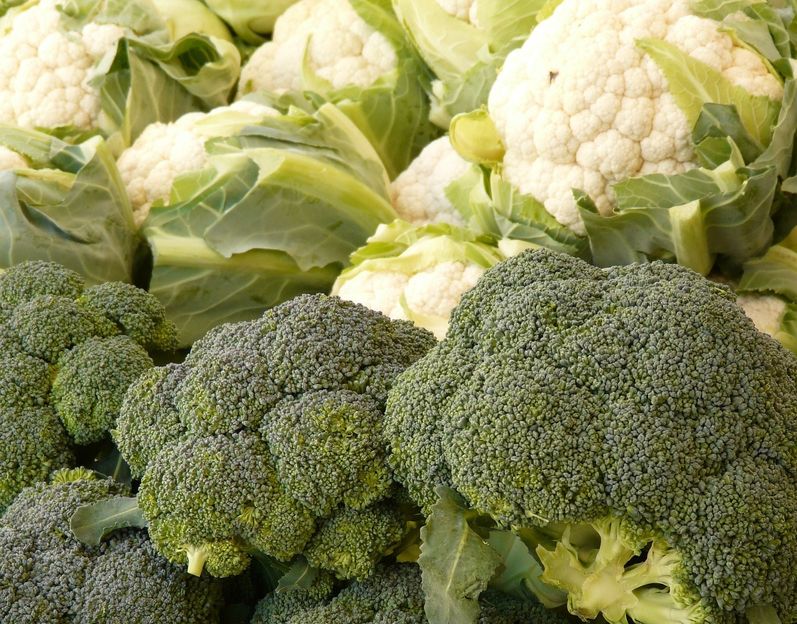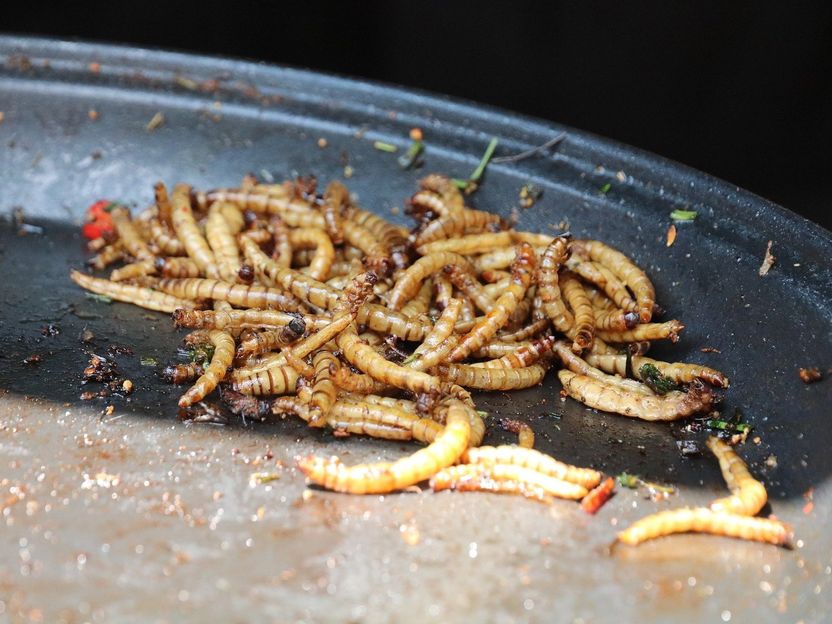Heat causes hormone stress in tomato plants
Biologists at TU Dresden are investigating temperature-resistant tomato plants in order to reduce yield losses
Advertisement
The prolonged heat wave this year is causing considerable yield losses in agriculture and horticulture in large parts of Germany. This is not only due to a lack of irrigation, but also to the influence of heat on the metabolism of plants.

Prof. Dr. Jutta Ludwig-Müller
Tomatoes are important yield crops in vegetable cultivation worldwide, both for direct consumption and for further processing. The yield is best in a moderate climate, too high temperatures damage the leaves and flowers. The entire fruit development is strongly reduced by heat, as also many allotment gardeners must determine up-to-date.
In a project funded by the Federal Ministry of Food and Agriculture, a team of biologists from Dresden University of Technology and experts from Israel investigated the influence of high temperatures on the development of tomato plants for three years. The aim was to develop agricultural practices that minimize heat-induced yield losses of the globally popular fruit.
Prof. Dr. Jutta Ludwig-Müller, holder of the professorship for plant physiology at the TU Dresden, and her team were particularly interested in the hormonal balance of tomato plants. Experiments have shown the importance of the plant hormone auxin in the flower and fruit development of tomatoes. The hormonal balance of the plants was investigated under normal conditions as well as under high heat. The team has been able to demonstrate that auxin decreases under heat during fruit development. If the heat-treated plants were treated with the plant hormone, an improvement in fruit development could be observed.
The Dresden researchers are currently working on a targeted manipulation of the plants' hormonal balance with regard to their heat resistance. By changing the hormone balance in a targeted manner, changes to the whole plant can be avoided, as experience has shown that these can lead to possible problems in growth and development. Prof. Jutta Ludwig-Müller sees this approach as a promising opportunity to improve crop yields, perhaps not only of tomatoes in the future.
Most read news
Topics
Organizations
Other news from the department science

Get the food & beverage industry in your inbox
By submitting this form you agree that LUMITOS AG will send you the newsletter(s) selected above by email. Your data will not be passed on to third parties. Your data will be stored and processed in accordance with our data protection regulations. LUMITOS may contact you by email for the purpose of advertising or market and opinion surveys. You can revoke your consent at any time without giving reasons to LUMITOS AG, Ernst-Augustin-Str. 2, 12489 Berlin, Germany or by e-mail at revoke@lumitos.com with effect for the future. In addition, each email contains a link to unsubscribe from the corresponding newsletter.
Most read news
More news from our other portals
Last viewed contents

Sesotec Sorter for Pure and Safe Food - Automatic product sorting is becoming ever more important in the food-processing industry
Beam Suntory announces CEO succession plan

150 years of Melitta Bentz

Broccoli looks more like cauliflower in a warmer world

Yellow mealworm approved as novel food - However, the Federal Office points out possible allergic reactions

Waterdrop® ensures sustainability and more hydration at the Boss Open

No- and Low-Alcohol Products Gain Share Within Total Beverage Alcohol - No/Low Alcohol Consumption Projected to Increase +31% by 2024

Grow and eat your own vaccines? - Grant enables study of plants as mRNA factories

























































